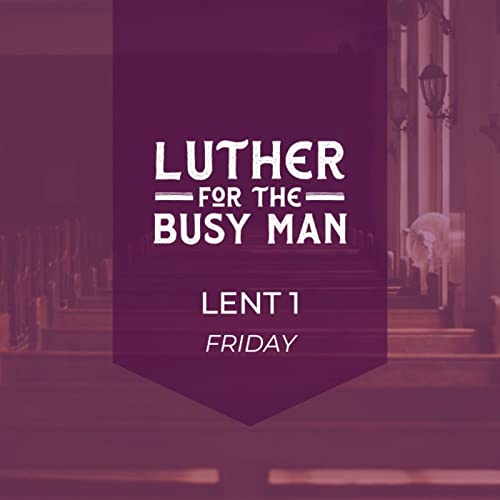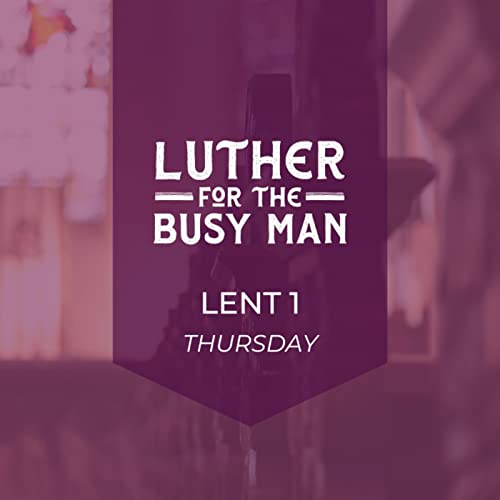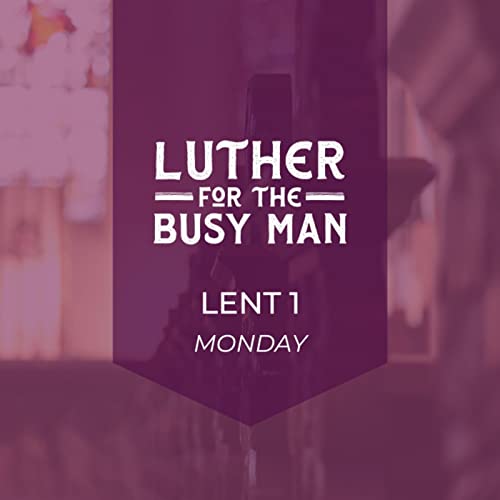LENT - WEEK 2 - SUNDAYLESSON: MATTHEW 15:21-28
Immediately a woman, whose little daughter was possessed by an unclean spirit, heard of him and came and fell down at his feet. Mark 7:25
In this Canaanite woman, we see that true faith is confidence of the heart in the grace and goodness of God, revealed and experienced through God’s Word. St. Mark tells us that she had “heard” of Jesus: a report about Jesus had, somehow or other, reached her. What kind of report? Without a doubt, it was a good report that was being noised about: that Christ was a godly man who readily helped everyone. Such a report about God is real gospel and a word of grace. It awakened faith in this woman, for if she had not believed, she would not have followed after Jesus.
How does it come to pass that many more heard this good report about Christ, who did not follow after Him and paid no attention to this good report? The answer is that the physician is useful and welcome to the sick, but those who are well pay no attention to Him. The Canaanite woman, however, felt her need, and so she followed this sweet report.
Moses must also precede here and teach men to recognize their sins so that grace may become sweet and welcome. It is labor lost to portray Christ in the most friendly and lovable manner, unless men have been humbled previously by self-knowledge and hunger for Christ, as the Magnificat also declares, “He has filled the hungry with good things, and the rich he has sent empty away” (Luke 1:53).
This is all said and written for those who are distressed, poor, needy, sinful, and despised, so that in all their needs they may know to whom they should flee to seek consolation and help.
SL.XI.544,1-2
AE 76,378
PRAYER: We know full well, O Lord, that of ourselves and by our merits we are poor, lost, and condemned sinners. Eternal thanks and praise be to you for the sweet news of salvation which you have revealed to us in your Gospel of salvation, in and through Jesus Christ our Savior. Amen.
 2026/03/024 分
2026/03/024 分 2026/03/014 分
2026/03/014 分 2026/02/283 分
2026/02/283 分 2026/02/273 分
2026/02/273 分 2026/02/263 分
2026/02/263 分 2026/02/253 分
2026/02/253 分 2026/02/243 分
2026/02/243 分 2026/02/244 分
2026/02/244 分
